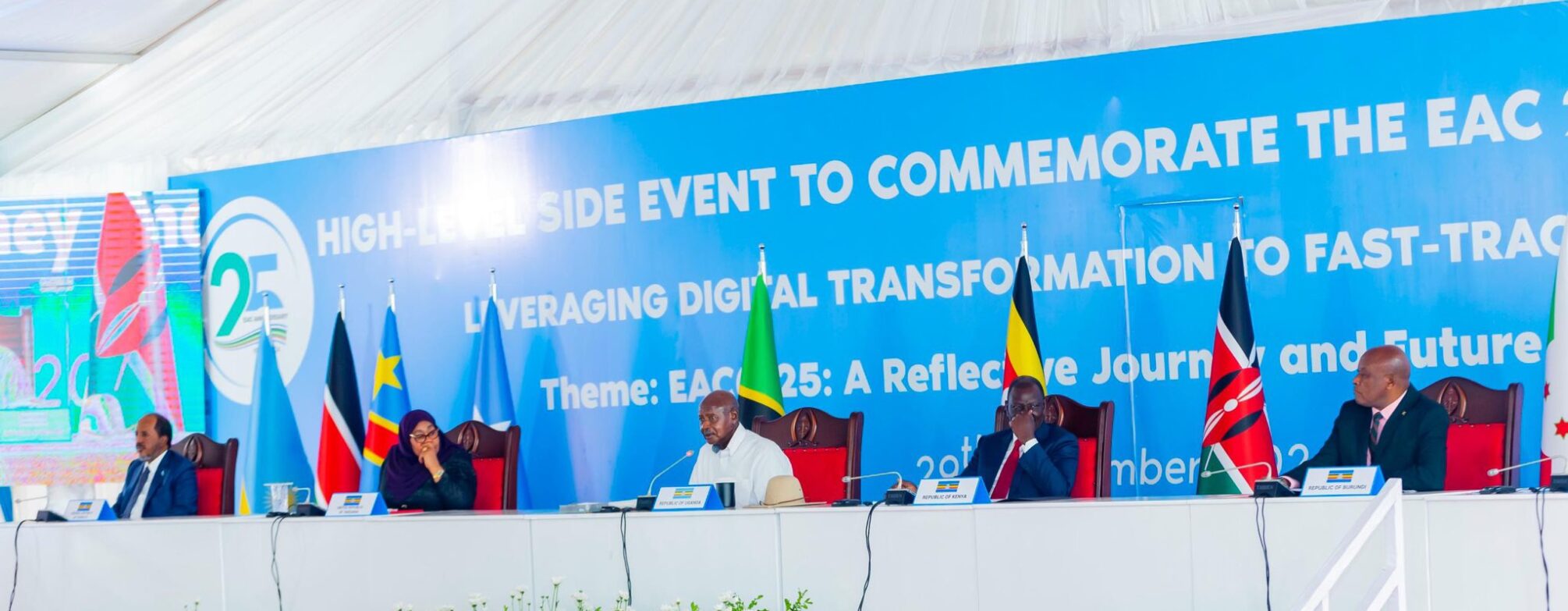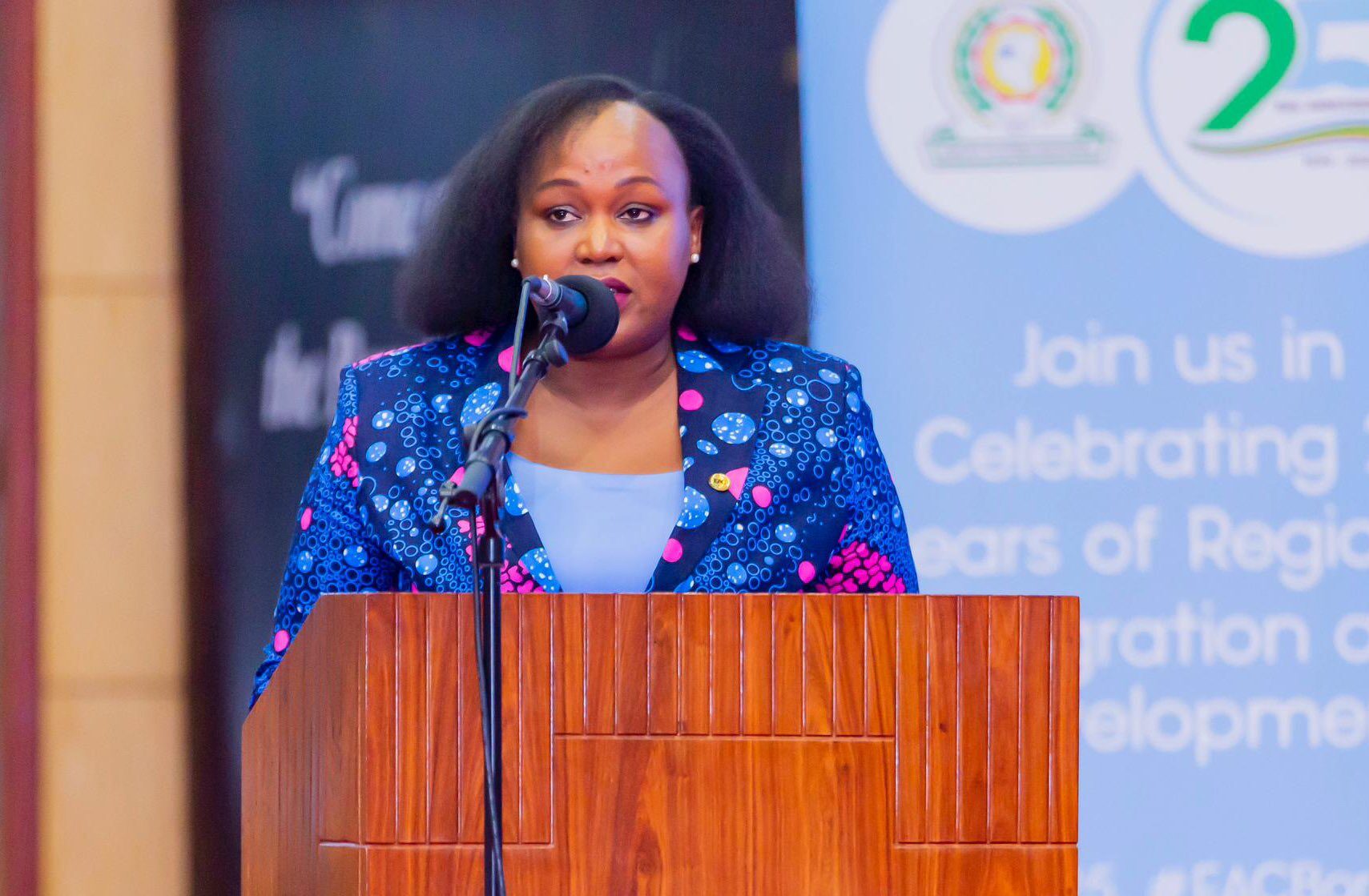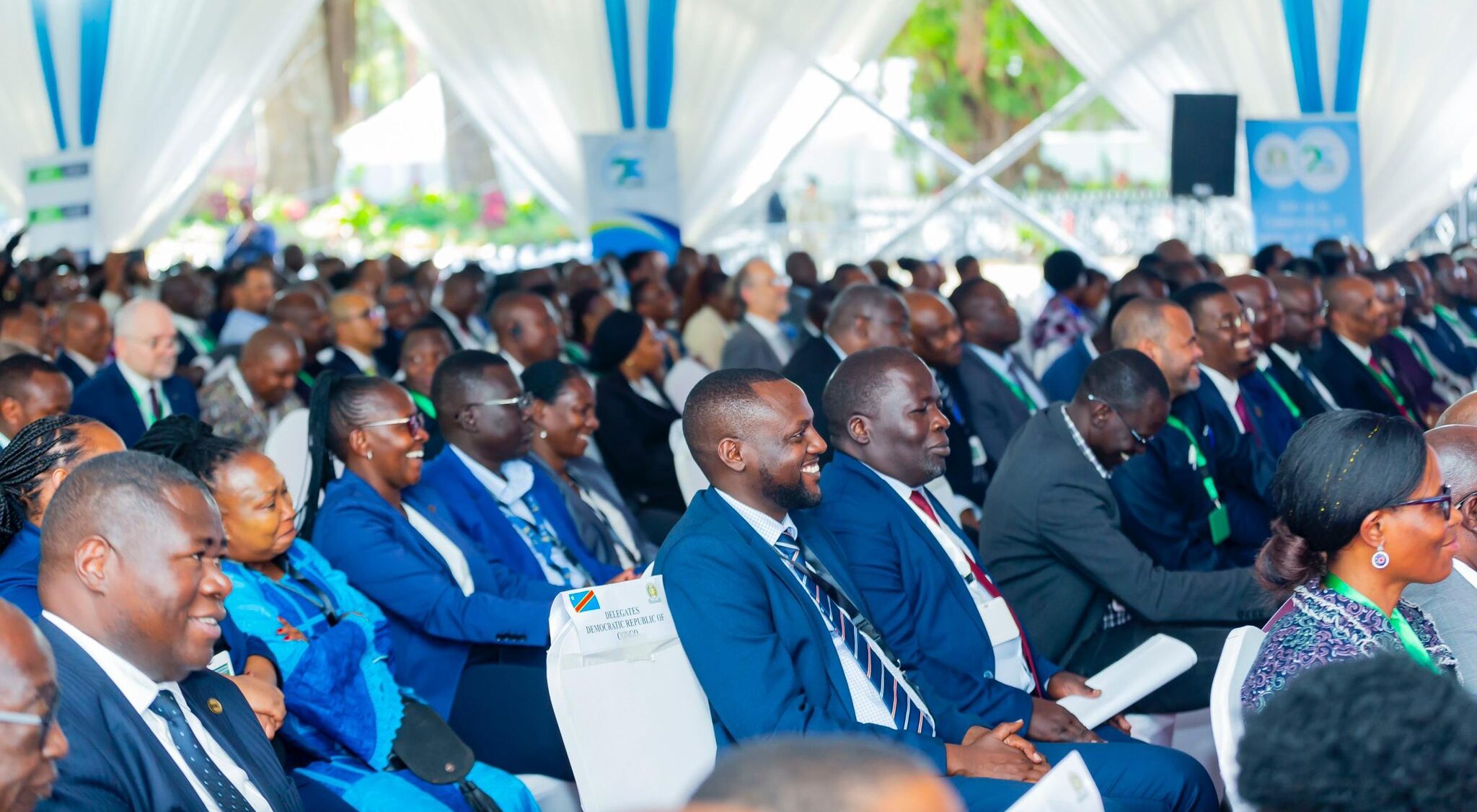
East African leaders convene in Arusha for EAC summit
Heads of State from the East African Community member states are gathered in the Tanzanian city of Arusha for the bloc’s 24th Ordinary Summit, which hopes to bolster the region’s economic growth.
Tanzania’s President Samia Suluhu is joined in Arusha by her counterparts William Ruto of Kenya, Yoweri Museveni of Uganda, Paul Kagame of Rwanda and Hassan Sheikh Mohamud of Somalia. Other Heads of State sent representatives in their stead.
EAC Secretary General, Veronica Nduva, said the implementation of the customs union has increased trade and fostered economic growth via the EAC common market, the use of an electronic passport, and the removal of visa requirements for citizens of member states, among other achievements.

The summit coincides with the commemoration of the EAC’s 25th anniversary, marked by a side event attended by the presidents on Friday.
During the anniversary event, President William Ruto told members that the East African Community treaty deepened social, economic, and cultural ties between the countries and underscored the need to further consolidate existing trade markets, establish a monetary union, and create a political federation that will lead to an EAC political federation.
“If we have to prosper, we need a big enough market for our producers and for our business people to invest and trade, and a market that has no barriers,” Ruto said, further pointing out the importance of regional peace in attracting investment.

On his part, President Museveni praised the community’s achievements over the past 25 years. He however underscored the importance of recognizing a rich 1000-year history of regional trade and trade with other regions.
He further encouraged that integration be anchored on pan-Africanism, saying, “It will solve the problem of prosperity for our people by creating a big market for themselves where they can sell what they produce without limit.”
President Mohamud used the opportunity to reiterate his country’s delight at finally being a part of the EAC, terming it a milestone for East African integration after pursuing membership for a decade.
“We have tried a number of initiatives for economic integration in the Horn of Africa, but it did not work for many reasons. So we decided that instead of establishing a new initiative, why don’t we join an already existing and successful integration that has already been proven useful,” he said.
The latest EAC member country, is now aligning its policies and removing trade barriers and has a keen interest in expanding its fisheries, energy, and infrastructure sectors.






